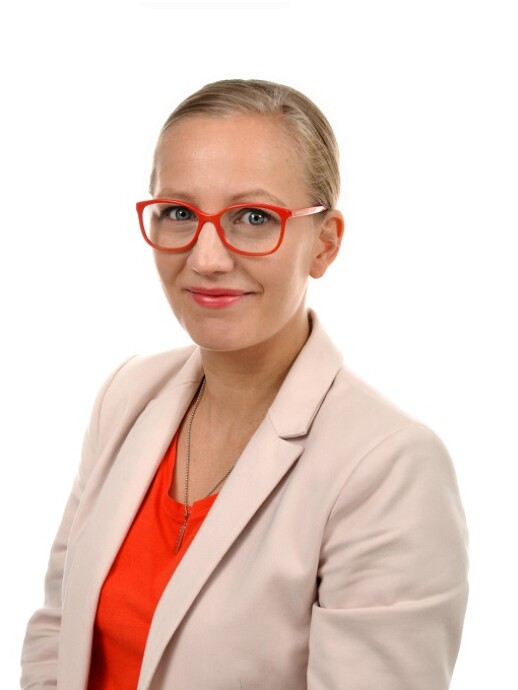Working Group for Sustainability in Education
In its strategy, the University of Turku sets as one of its strategic objectives to educate the builders of a changing world. The Steering Group for Sustainable Development has set up a working group to promote the integration of sustainability in education.
Sustainability in Education
The University of Turku graduates are visionaries for the changing world who have excellent skills to work with competence and ambition in demanding positions, both nationally and internationally.
Working Group for Sustainability in Education has the following tasks:
- To promote the integration of sustainability into the general and discipline-specific studies and learning objectives of the undergraduate and postgraduate programmes of the University of Turku, as well as into other teaching, e.g. continuous learning.
- To support the University's teaching staff in identifying sustainability contents in teaching and to monitor the number of courses identified
- Plan sustainability training for staff, including capacity building for teaching staff
- Develop sustainability education, taking into account opportunities for cooperation and interaction with other higher education institutions at regional, national and international level
The working group is also tasked to raise awareness of the various opportunities for studying sustainability at the University of Turku.
Working Group for Sustainability in Education
The Chair of the working group for 2024-2025 is Professor Jukka Käyhkö and the Vice Chair is Assistant Professor Mikko Tikkanen. The Coordinators are Sustainable Development Specialist Jutta Mäkinen and Education Coordinator Minna Lintala.
Members of the Working Group:
- University Teacher Terhi Heino, Faculty of Medicine
- Senior Advisor Hanna Lagström, Faculty of Medicine
- University Teacher Otto Latva, Faculty of Humanities
- Coordinator Pasi Nurmi, Faculty of Science
- Senior Research Fellow Sari Puustinen, Turku School of Economics
- Assistant Professor Anne Quarshie, Turku School of Economics
- University Teacher Elina Raitanen, Faculty of law
- University Teacher Jarno Tuominen, Faculty of Social Sciences
- International Affairs Specialist Vilma Virtanen, Student Union of the University of Turku
- University Lecturer Timo Vuorisalo, Faculty of Science
Studying sustainability at the University of Turku
Sustainable development in the study guide
In the study guide, courses with sustainable development related contents are tagged with sustainable development under the courses classification. Courses with sustainability contents can be found in all of the eight faculties and, according to our intital estimates, approximately one-fifth of all courses taught at the university have received this classification. or the time being, it is not possible to search for courses with this classification in the Peppi study guide, but students can check indiviual courses in the study guide to see if there is a classification for sustainable development.
Sustainability studies available for students from all faculties
Examples of studies available for students from all faculties:
SUST0001 Introduction to Sustainability, 2 ECTS
IN the fall 2024 the University of Turku launched its first course available for all students on sustinability - Introduction to Sustainability, 2 ECTS. The course provides knowledge and understanding of the basics of sustainability. The course is research-based and combines the research perspectives to sustainability from experts from different disciplines of the University of Turku. Read more about SUST0001
Sustainable Development Studies (KEKO)
Sustainable Development Studies (Minor) consists of a mandatory core course KEKO1 (10 cr) and optional courses KEKO2 (min. 15 cr; exchange students min. 2 cr). The optional courses from different faculties provide deeper understanding of the different dimensions of sustainability, whereas the core course invites the students to apply these perspectives to a case analysis, and demonstrates how sustainability can only be achieved by developing collaborative expertise.
Application period is open from May to September.
Sustainable Development Studies (KEKO)
In addition to these examples, the different faculties of the University of Turku offer study modules that are partly open to students from other faculties as well.
National Networks and study opportunities
The University of Turku is also involved in national educational cooperation:
- Climate University Climate University – Teaching and learning for sustainable future
- Network for sustainability studies Front page - Sustainability Studies Network
- Biodiversity education network of Finnish universities Biodiversity Education Network
- UniPID-Finnish University Partnership for International Development Virtual Studies programme
